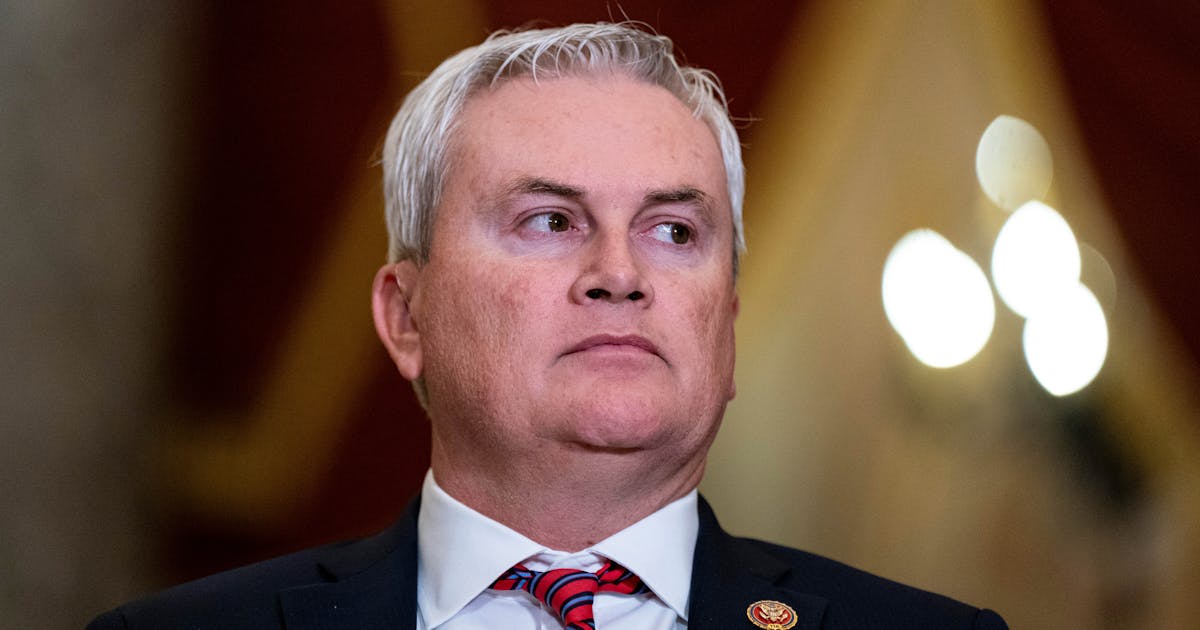I’m not sure if I should necessarily respond to this because what I have to say is based on recollections of many of your posts and my interactions with you over the years, and I’m not about to spend hours searching for specifics, especially since a lot of the old vBulletin stuff isn’t turning up in searches (like posts I know I made, but are just not there any more). But I’m one of the ones who called you “extreme right” so I’ll offer what I can by way of general explanation.
For example, “free markets and smaller government” sounds like a reasonable conservative position, but I remember being astonished by some of your posts that sounded like flat-out anarchistic libertarianism. You’ve also suggested that environmental policies like the carbon tax will leave Canada destitute and freezing in the dark, and encourage Alberta to secede and become its own country. I don’t believe you’ve ever denied the science of climate change, but you’ve definitely slammed mitigation strategies on the grounds that the effects of climate change are fundamentally unpredictable due to complexity theory, so maybe we should do nothing. And besides, the costs would be enormous. So let’s just keep buying Alberta oil and burning it til the cows come home. And you spend a tremendous amount of time defending American Republicans when they’re in the throes of partisan lunacy.
As I said before, you’re certainly not the “moron” that some claim you are. You’re intelligent and well equipped with data from your particular rabbit hole, and have made many cogent arguments on that basis, but in my view you’re not well equipped with perspective or the ability to understand points of view that conflict with your deeply entrenched ideology. Bottom line: if Canada, the country we have in common, were run according to your ideology, we would lose our entire social infrastructure in the pursuit of libertarian individualism and become a sort of hybrid of the USA and Somalia with the worst features of both.

